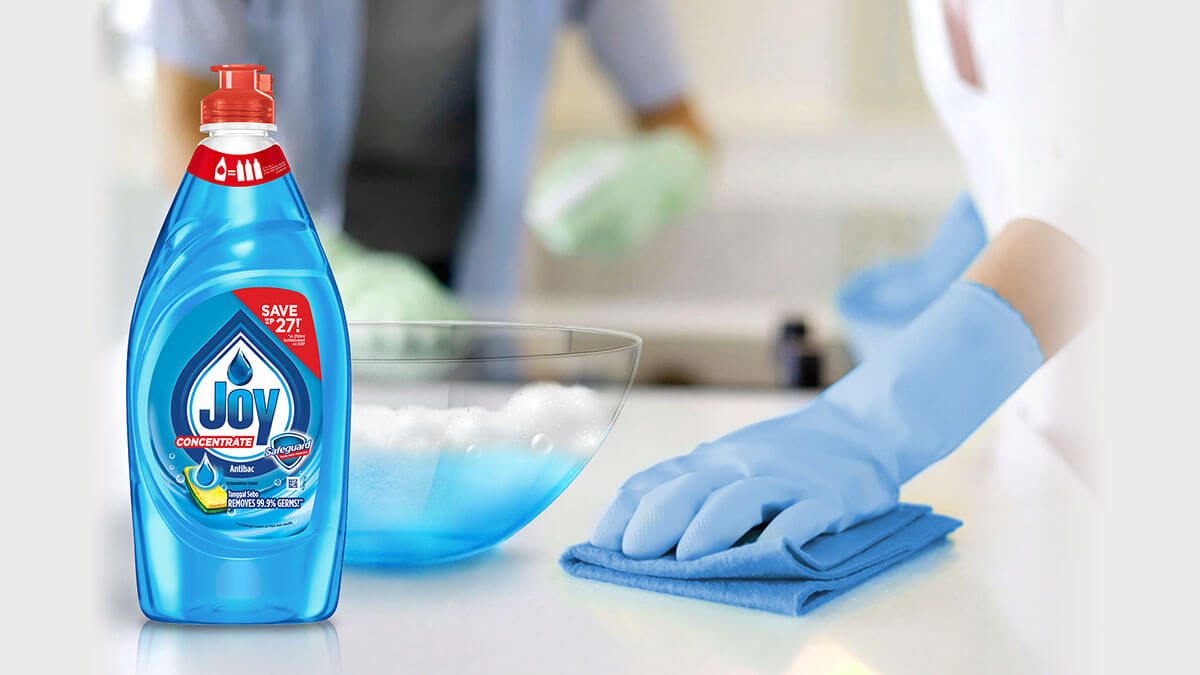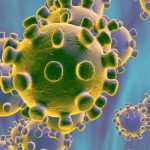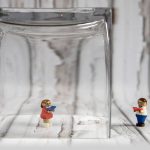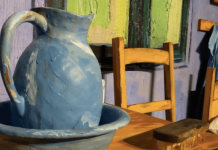In response to the global coronavirus pandemic, Japan Ministry of Economy, Trade and Industry (METI) commissioned the National Institute of Technology and Evaluation (NITE) to look into other disinfectant options for homes and workplaces. This was undertaken to mitigate global alcohol shortage, and cope with the sudden surge in demands of alcohol disinfectant at medical facilities as well as home and workplace environments.
Lab studies conducted by METI/NITE have proven that some cleaning actives also known as surfactants, when used at the right levels, can be effective against SARS-CoV-2 which causes COVID-19. Test findings by Japan’s NITE have confirmed that there is a significant reduction in the virus count on items or surfaces that are exposed to a surfactant diluted to 0.05%-0.2% for twenty seconds to five minutes.
According to the review committee of experts, these seven types of surfactants are commonly found in household products like dishwashing liquids.
- Sodium linear alkylbenzene sulfonate (0.1% or more);
- Alkyl glycoside (0.1% or more);
- Alkylamine oxide (0.05% or more);
- Benzalkonium chloride (0.05% or more);
- Benzethonium chloride (0.05% or more) (newly added on May 28, 2020);
- Dialkyldimethyl ammonium chloride (0.01% or more) (newly added on May 28, 2020); and
- Polyoxyethylene alkylether (0.2% or more)
With this research confirming more accessible ways to disinfect your homes and workplaces, dishwashing liquids containing these ingredients can benefit Filipinos and serve as a reliable substitute for alcohol-based disinfectants. This would mean convenience and better value for money given the product’s multi-purpose use of disinfecting various items, not just in the kitchen but other household items as well.
New solution to disinfecting against SARS-CoV-2
Japan METI/NITE recommends the solution ratio of one teaspoon of dishwashing liquid mixed in 500ml water. To sanitize, wipe all items or surfaces with a cloth soaked in this solution. Ensure to squeeze excess liquid out of the cloth to prevent the liquid from dripping. Wipe firmly in one direction to prevent spreading dirt and virus. Leave the items or surfaces to rest with the mixture for about five minutes. Then, wipe off the soap solution with a cloth soaked in water. Finally, wipe dry all items and surfaces with another clean cloth.
To learn more about the research findings, visit this link: meti.go.jp/english/press/2020/0529_001.html.
Click here for more stories like “Disinfectant Options for homes and offices in lieu of alcohol”. Make sure to follow and subscribe to our social media accounts: Facebook, YouTube, Instagram, and Twitter.






















